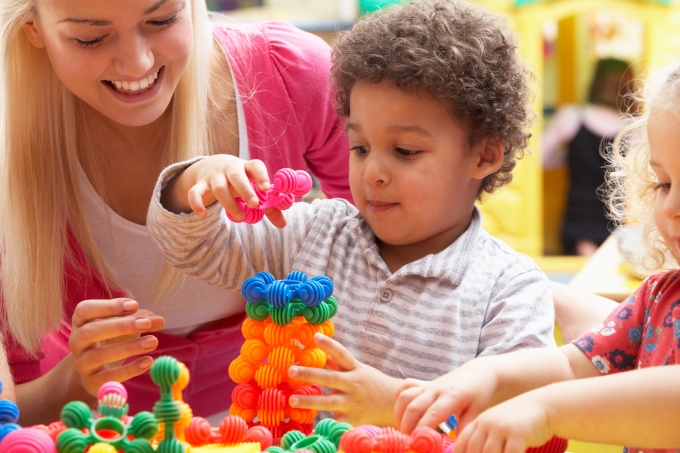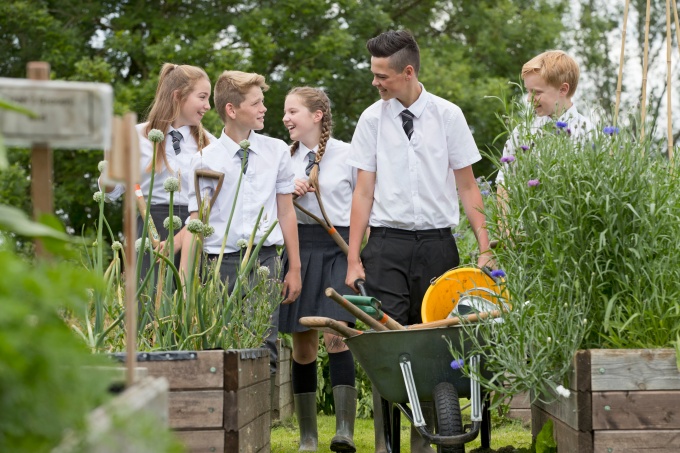
Supporting PSED in Early Years: Building a Strong Foundation for Children’s Social and Emotional Development
11th December 2025 | Blogs
Early years PSED sits at the centre of children’s wellbeing and learning, and many practitioners are noticing how varied children’s social and emotional starting points have become. This piece highlights how Thrive’s new provision strengthens existing practice and gives teams a clear, confident framework to support every child.
Inside the apprenticeships inbox, your questions answered
11th December 2025 | Blogs
Curious about Thrive’s apprenticeships but not sure where to start? Connie answers the most common questions from educators exploring these funded, employment-based courses. From eligibility and funding to course structure, time commitment, and qualifications, this blog breaks down everything you need to know to take your social and emotional wellbeing skills to the next level while earning a nationally recognised qualification.

Why whole school wellbeing insight is hard to get, and why it matters more than ever
28th November 2025 | Blogs
Schools notice countless small signs about pupil wellbeing every day, but those clues rarely add up to a clear whole school picture. This blog digs into why that happens, why it makes things harder than it needs to be and how missing this bigger view can blur understanding of attendance, behaviour and wider pressures. It also looks at what becomes possible when schools can actually see wellbeing trends in one place, from acting earlier to showing progress with confidence.
_680.png)
How to talk confidently about wellbeing during an Ofsted inspection
17th November 2025 | Blogs
With wellbeing now clearly embedded in Ofsted’s 2025 framework, leaders are increasingly being asked to explain how pupils are supported to feel safe, connected and able to thrive. This guide explores how to talk confidently about your approach during inspection, with practical insight rooted in everyday school practice.

Halton schools cut exclusions with Thrive training and support

Celebrating 30 Years of Thrive: A Fresh Look for the Next Chapter
3rd November 2025 | Blogs
Thrive prepares to celebrate 30 years with a refreshed brand identity, marking a new chapter in supporting emotional wellbeing and helping children and young people flourish.

See the whole picture: Introducing My Thrive Scan™
_680.jpg)
Tuition Extra Group: Unlocking potential and transforming futures with Thrive
23rd October 2025 | Blogs | Case Studies
Discover how Tuition Extra Group has transformed behaviour, wellbeing and learning with Thrive - creating consistency for staff, re-engagement for pupils and outstanding results.
_680.jpg)
Life Skills Manor: Creating hope, healing and opportunity
17th October 2025 | Blogs | Case Studies | Thrive Schools of Excellence
Faced with an increasing number of pupils struggling with anxiety, low self-esteem, attachment difficulties and trauma-related behaviours, the team at Life Skills Manor knew they needed to rethink how they supported the social and emotional development of their pupils. Today, the school is not only rated as ‘Outstanding’ by Ofsted but is also a Thrive School of Excellence, helping young people to re-engage with learning and flourish in every aspect of their lives.

Understanding Ofsted’s 2025 framework: What it means for wellbeing and inclusion
15th October 2025 | Blogs | In the news | News
From November 2025, schools in England will be inspected under Ofsted's new Education Inspection Framework that puts pupil wellbeing, personal development and inclusion centre stage. Moving away from single-word judgements, the new approach offers a more rounded picture of school life and recognises that wellbeing is central to learning.
